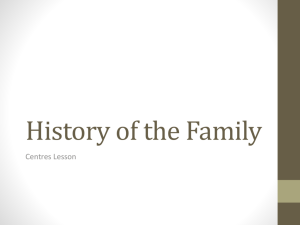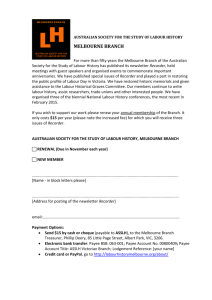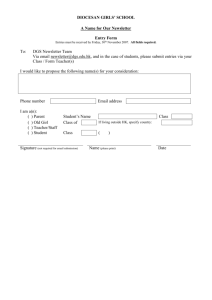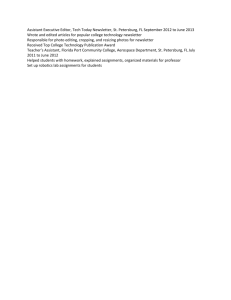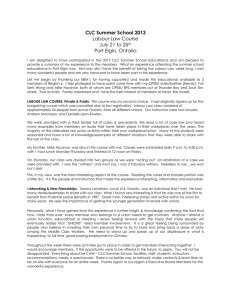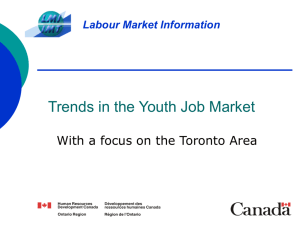An example of an autobiographical essay/personal narrative
advertisement
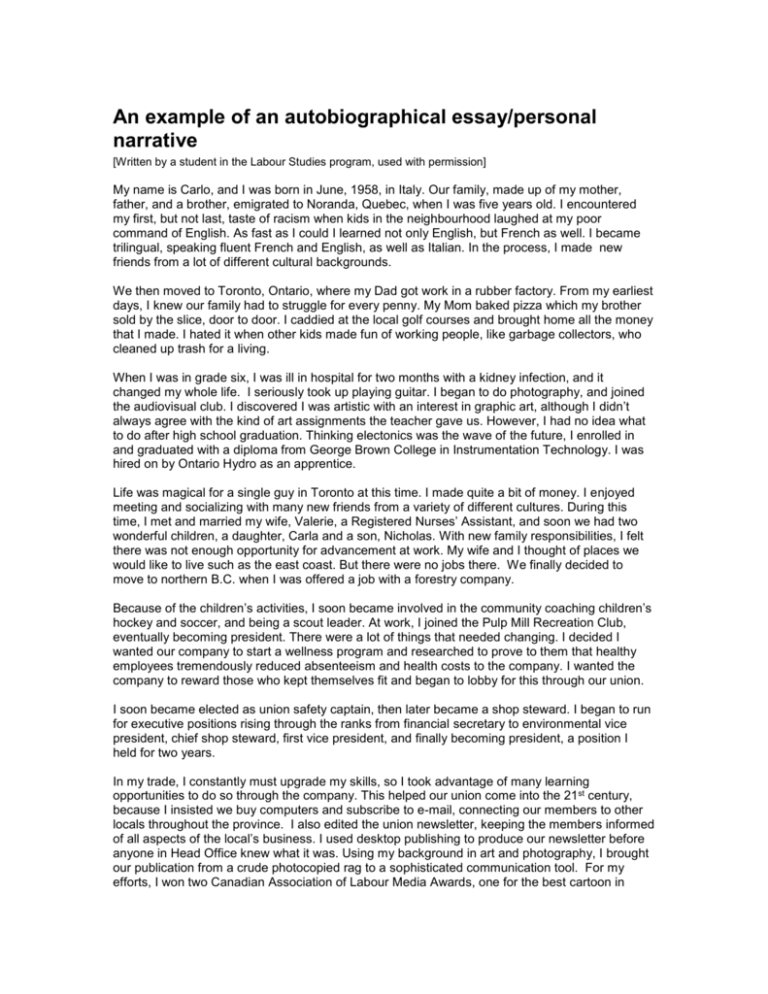
An example of an autobiographical essay/personal narrative [Written by a student in the Labour Studies program, used with permission] My name is Carlo, and I was born in June, 1958, in Italy. Our family, made up of my mother, father, and a brother, emigrated to Noranda, Quebec, when I was five years old. I encountered my first, but not last, taste of racism when kids in the neighbourhood laughed at my poor command of English. As fast as I could I learned not only English, but French as well. I became trilingual, speaking fluent French and English, as well as Italian. In the process, I made new friends from a lot of different cultural backgrounds. We then moved to Toronto, Ontario, where my Dad got work in a rubber factory. From my earliest days, I knew our family had to struggle for every penny. My Mom baked pizza which my brother sold by the slice, door to door. I caddied at the local golf courses and brought home all the money that I made. I hated it when other kids made fun of working people, like garbage collectors, who cleaned up trash for a living. When I was in grade six, I was ill in hospital for two months with a kidney infection, and it changed my whole life. I seriously took up playing guitar. I began to do photography, and joined the audiovisual club. I discovered I was artistic with an interest in graphic art, although I didn’t always agree with the kind of art assignments the teacher gave us. However, I had no idea what to do after high school graduation. Thinking electonics was the wave of the future, I enrolled in and graduated with a diploma from George Brown College in Instrumentation Technology. I was hired on by Ontario Hydro as an apprentice. Life was magical for a single guy in Toronto at this time. I made quite a bit of money. I enjoyed meeting and socializing with many new friends from a variety of different cultures. During this time, I met and married my wife, Valerie, a Registered Nurses’ Assistant, and soon we had two wonderful children, a daughter, Carla and a son, Nicholas. With new family responsibilities, I felt there was not enough opportunity for advancement at work. My wife and I thought of places we would like to live such as the east coast. But there were no jobs there. We finally decided to move to northern B.C. when I was offered a job with a forestry company. Because of the children’s activities, I soon became involved in the community coaching children’s hockey and soccer, and being a scout leader. At work, I joined the Pulp Mill Recreation Club, eventually becoming president. There were a lot of things that needed changing. I decided I wanted our company to start a wellness program and researched to prove to them that healthy employees tremendously reduced absenteeism and health costs to the company. I wanted the company to reward those who kept themselves fit and began to lobby for this through our union. I soon became elected as union safety captain, then later became a shop steward. I began to run for executive positions rising through the ranks from financial secretary to environmental vice president, chief shop steward, first vice president, and finally becoming president, a position I held for two years. In my trade, I constantly must upgrade my skills, so I took advantage of many learning opportunities to do so through the company. This helped our union come into the 21st century, because I insisted we buy computers and subscribe to e-mail, connecting our members to other locals throughout the province. I also edited the union newsletter, keeping the members informed of all aspects of the local’s business. I used desktop publishing to produce our newsletter before anyone in Head Office knew what it was. Using my background in art and photography, I brought our publication from a crude photocopied rag to a sophisticated communication tool. For my efforts, I won two Canadian Association of Labour Media Awards, one for the best cartoon in Canada, depicting flexibility in the workplace, and one for the best editorial story of less than 500 words for a Union Newsletter. I also use my desktop publishing abilities for community fund raising activities. I lost an opportunity to be union president for a third year because of an unpopular decision our local executive made in connection with implementing a contract that upheld the recognition of seniority rights. Reflecting back, I would not do anything differently. We took the task at hand, looked at the contract, discussed among the executive, asked for the opinions of our area rep, the Western Region Vice President, and our lawyer. Then we made our decision and stood by it, even though it meant I lost the presidency by nine votes. Now, two and a half years later, we are being proven right through the labour board. Because of this event, I found myself with extra time on my hands. This opportunity made it possible for me to concentrate on pursuing university studies and my social work for unions. I enrolled at AU in the Labour Studies program. I continue with the newsletter, putting forth social and political issues that organized labour is facing today. I support the unions in the community and am involved in organizing them as they have never been organized before. I am even more committed to fighting for social justice than I have been all along, and am keen to move along this route in the future.





